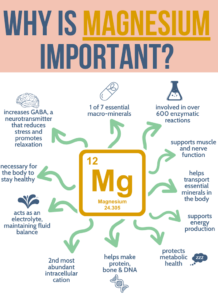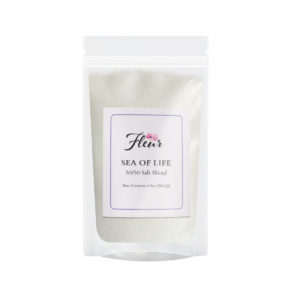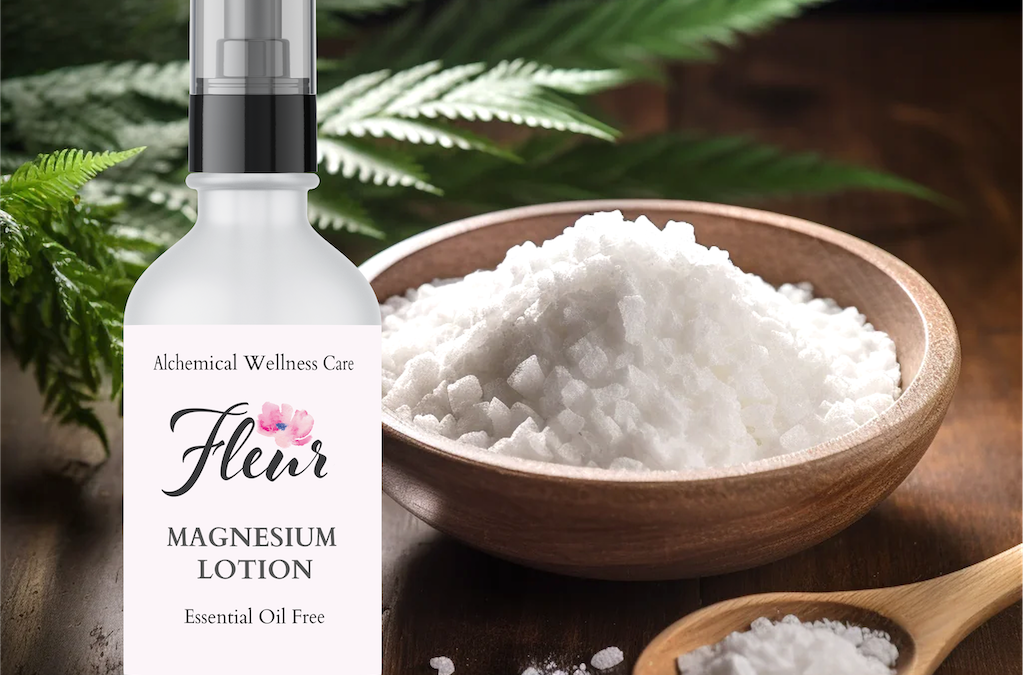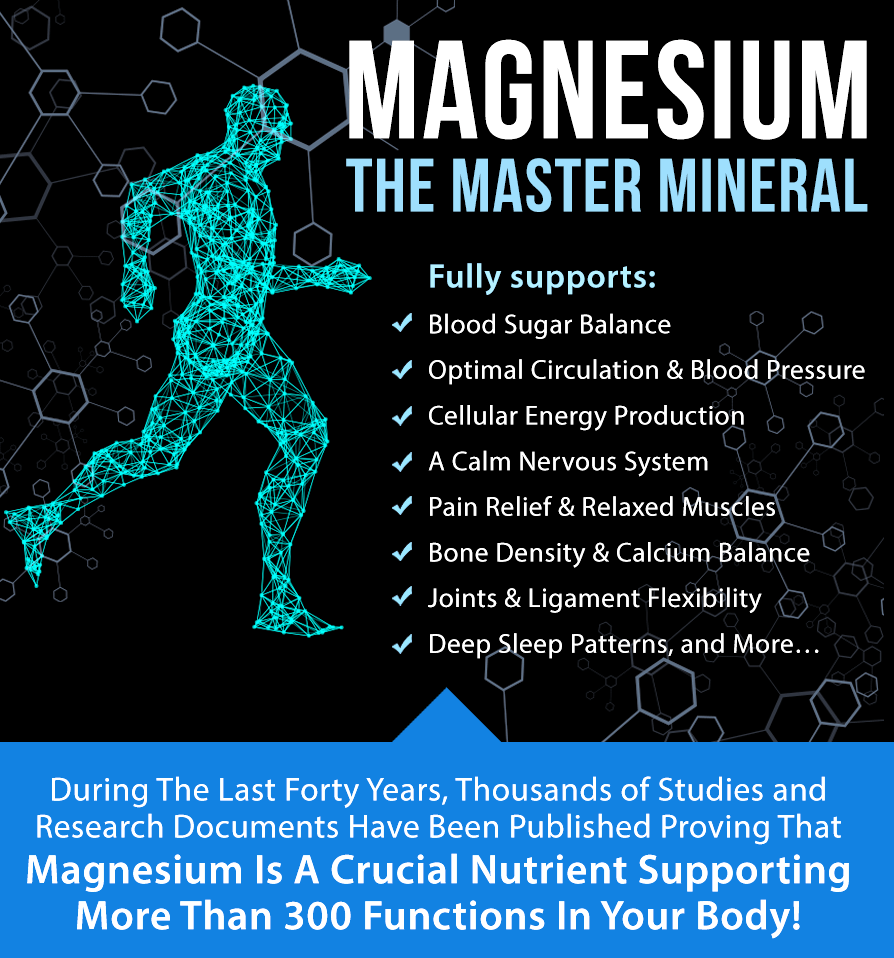“We are now in truly uncharted territory – and as the climate keeps warming, we are bound to see new records being broken in future months and years.” –Carlo Buontempo
Worldwide, extreme heat is breaking records, leading to devastating wildfires and mass mortality. In recent years, temperatures have significantly increased compared to previous years, providing clear and undeniable evidence of climate change.
The impact on human health has been devastating. Heat stress is the leading cause of weather-related death and can exacerbate underlying illnesses.
The prolonged presence of heat is linked to various health issues, such as cardiovascular disease, diabetes, psychological distress, and asthma. Furthermore, it significantly increases the risk of accidents and infectious diseases.
In my previous blog, I highlighted practical ways to avoid heat-related illnesses and recommended using Cool & Chill Body Spray to stay cool. Additionally, I recommended adding Resilience Ritual Vibrational Essence to your water to help mitigate heat stress.
In this blog, I delve into magnesium’s role in aiding the body and why it is indispensable for our well-being, especially during hot weather.
Why Magnesium
 As we enjoy the sunshine and participate in various summer activities, it’s important to prioritize our health and well-being. With its numerous benefits, magnesium is crucial in supporting our bodies during this seasonal heat.
As we enjoy the sunshine and participate in various summer activities, it’s important to prioritize our health and well-being. With its numerous benefits, magnesium is crucial in supporting our bodies during this seasonal heat.
Magnesium is the fourth most abundant mineral in the body. Over 300 enzymes use it for numerous bodily processes, and it is crucial in maintaining healthy muscles, nerves, and bones.
This critical mineral is also involved in regulating blood sugar, promoting normal blood pressure, supporting the immune system, maintaining energy production, promoting healthy sleep, supporting the nervous system, and relaxing muscles.
From energy production and muscle function to regulating body temperature and preventing dehydration, magnesium ensures our well-being as we enjoy Summer.
Did you know that Your Body Loses MagnesiuSummerhe Summer?
Since magnesium is an electrolyte, magnesium levels can decrease for various reasons, such as stress, exercise, and illness. It is also lost when we sweat, resulting in faster depletion during the summer months due to the heat or excessive sweating.
As a result, you may experience increased muscle soreness, tension, cramping, headaches, stress, malaise, and sleep disturbances during the summer heat.
This is why it is vital to keep magnesium levels in check throughout the year.
Heat Stress
Maintaining optimal body temperature is a crucial challenge during Summer. Heat stress includes a series of conditions in which the body is under stress from overheating.
Heat stress symptoms can range from profuse sweating to dizziness, cessation of sweating, and collapse. Heat-related illnesses include heat cramps, heat exhaustion, heat rash, or heat stroke, each with its own symptoms and treatments. (See my blog: Keep Calm – Stay Cool & Chill in Summer Heat for a more in-depth understanding of heat-related illness)
Magnesium plays a role in the body’s response to acute heat stress and in the acclimation process to heat. In acute heat stress, the body sweats a relatively high amount of magnesium, which can lead to magnesium and water loss. The loss of both magnesium and water lowers one’s tolerance to heat stress.
Heat Intolerance
You may avoid being outside when it’s hot, but when overwhelming heat comes from within, there’s no escape from its intensity.
Just ask women experiencing hormonal fluctuations during perimenopause and menopause.
If you’re going through perimenopause or if you’ve already reached menopause, you can probably blame your hormones for those hot and cold temperature fluctuations you’re experiencing.
The hormonal changes associated with menopause can leave you sweating one minute and shivering the next. This can be particularly annoying in the summertime when outdoor temperatures go up, and humidity can weigh you down.
Here’s what you need to know about heat intolerance:
Heat intolerance is stressful. It wil increase sweating, resulting in the depletion of essential minerals and vitamins crucial for regulating body heat.
Our bodies are designed to function at an optimal temperature. Extreme shifts in body temperature could alter your body chemistry and potentially affect specific enzymatic and cellular processes.
Regulating Body Temperature
Magnesium supports proper thermoregulation, ensuring we can enjoy summer activities while maintaining a comfortable and safe body temperature.
It plays a significant role in enabling the body to sweat effectively, thus helping regulate body temperature.
As you sweat, your body naturally loses magnesium, and excessive sweating can result in magnesium deficiency. This can elevate stress levels, leading to further sweating and magnesium loss.
If intake is insufficient, especially when people are not consuming enough proper foods that include magnesium (and other essential nutrients), this deficiency could contribute to problems dealing with heat.
Maintaining adequate magnesium levels helps our bodies cope with high temperatures, preventing overheating and reducing the risk of heat-related illnesses such as heat stroke and heat exhaustion.
Preventing Dehydration
One of the main concerns when temperatures rise is dehydration
Staying adequately hydrated is essential during the hot summer months. Magnesium plays a vital role in maintaining the body’s balance. Working in tandem with other electrolytes such as sodium and potassium, it plays a crucial role in managing water flow in and out of cells.
By promoting proper hydration, magnesium helps prevent dehydration, which can cause fatigue, muscle cramps, and various health problems.
Moreover, magnesium supports the absorption and utilization of water, enhancing its benefits for overall hydration throughout the body.
Magnesium Needs Soar with Stress
 Life brings us stress. Stresses can bring on emotional reactions, such as
Life brings us stress. Stresses can bring on emotional reactions, such as
- fear
- sadness
- grief
- anger.
In addition to environmental stressors, forced immobility and noise are significant sources of stress.
Often considered a psychological reaction to external pressures, stress has become a prevalent issue in modern life. From a neurobiological perspective, stress is an adaptive system that continuously assesses and interacts physically, physiologically, or psychosocially with the environment.
Various stresses elicit a similar host of biological chemical reactions, a literal cascade of responses at the molecular, cell, tissue, organ, and organ system levels. They involve hormones, enzymes, nerve transmissions, cell receptors, muscles, blood vessels, heart, kidney, stomach, and more.
The trouble is stress can increase the amount of magnesium we lose from our body (in urine), leading to a magnesium deficiency.
In turn, that deficiency enhances our stress response – we can get stuck in a cycle of feeling stressed, losing magnesium, reacting even more to stress, losing more magnesium, and so on.
The Science: ATP Energy Production
Cells require a significant amount of magnesium during times of high stress. This mineral is essential for burning glucose and fats to meet the sudden increase in energy demand. Additionally, cells need it in large quantities to support heightened nerve transmissions, protein synthesis, and protection from oxidative stress.
Adenosine triphosphate, or ATP, is a nucleotide that is the primary energy source for living cells. It powers many processes, such as muscle contraction, nerve impulses, and chemical synthesis.
ATP molecules can be thought of as energy batteries that cannot function without magnesium. These ATP “batteries” and their magnesium are crucial at all times, especially when stress hormones are present.
Remember, stressed cells require magnesium to be present when high-energy ATP molecules release energy for necessary reactions and when new high-energy ATP molecules are produced.
In a healthy body with full magnesium stores, enough magnesium is available for all these varied, simultaneous reactions to speed up in response to circulating stress hormones. ATP has plenty of magnesium to keep it fully functional at full speed.
Magnesium Deficit Makes Stress More Stressful
When stress occurs, the body releases stress hormones into the bloodstream.
These stress hormones, such as adrenaline, cause a dramatic lowering of blood magnesium as magnesium rushes from the blood into cells. This allows for an immediate increase in the body’s heart rate, blood pressure, and other processes in response to the “fight or flight” reaction.
Magnesium deficiencies exacerbate these reactions to acute stress, while mildly high blood magnesium tones them down.
A body deficient in magnesium triggers the release of more stress hormones—a significantly higher amount—when a given stress occurs compared to a body with adequate magnesium. Thus, the stress response is even more intense, making the magnesium need even higher and less likely to be met.
Adrenaline Release and Magnesium Deficit Reinforce Each Other
Adrenaline will continue circulating as long as stress remains, constantly pumping magnesium from the blood into the cells. More adrenaline means more lowering of the blood magnesium, which, in turn, stimulates more adrenaline.
A decline in blood magnesium is a stress that directly initiates more adrenaline release.
The result is a downward spiral in the body’s magnesium availability, which can trigger a magnesium deficiency crisis in a person with marginal or low magnesium levels, known as “low magnesium shock.”
Magnesium and Cortisol
Magnesium restricts the release of stress hormones and acts as a filter to prevent them from entering the brain.
Numerous studies have found that the frequent release of adrenaline and cortisol in an unresolved stress response strongly correlates with decreased magnesium.
Excess cortisol contributes to anxiety, depression, memory loss, brain fog, and mental disorders of all kinds.
If your magnesium levels are low, you could be experiencing:
- Muscle Twitches and Cramps
- Mental Disorders
- Osteoporosis
- Fatigue and Muscle Weakness
- High Blood Pressure
- Asthma
- Irregular Heartbeat
- Poor appetite
- Nausea, vomiting
- Sleepiness
- Numbness, tingling
- Seizures
- Personality changes
Stress Reactions Need Magnesium
Stress reactions require magnesium for smooth processing because they increase the body’s demand for magnesium. The body will mobilize to meet sudden but temporary increased needs if magnesium nutrition is adequate. Insufficient magnesium levels can dangerously exacerbate the body’s reaction to acute stress.
When you have low magnesium levels, the point at which your adrenal glands produce the stress hormones adrenaline and cortisol is also lower. This means even small stresses, like the kid’s noise in the background when you are doing your best to finish dinner, can trigger a considerable reaction, flooding your nervous system with hormones and further depleting your magnesium levels.
Absorbing Magnesium
Since our bodies can absorb magnesium, numerous effective ways exist to increase our magnesium intake. You have several options to ensure an adequate magnesium intake: you can consume magnesium-rich foods daily, take magnesium supplements, or apply magnesium topically.
However, many different types of magnesium are available, and magnesium supplements carry different reported effects and benefits.
The types of magnesium can vary based on:
- medical uses
- bioavailability, or how easy it is for the body to absorb them
- potential side effects
Safe, Effective Magnesium Replenishment
 One amazing thing about magnesium is its ability to be absorbed through the skin for uptake and use by the body.
One amazing thing about magnesium is its ability to be absorbed through the skin for uptake and use by the body.
Fleur Sea of Life 50/50 Magnesium Bath Salt is my go-to for reducing muscle pain and inflammation, enhancing tissue recovery, and easing cramps and tightness after a workout or intense yoga session.
Our Magnesium Sulfate salt blend supports the muscular and nervous systems. During the Summer heat, a refreshing magnesium bath in cool water can help increase magnesium levels lost due to sweating.
Indulge in a revitalizing foot soak with our Sea of Life Bath Salts to quickly relieve heat stress and invigorate your body.

Magnesium Chloride
Magnesium chloride is sometimes referred to as the “master magnesium compound.” It is a type of salt that combines magnesium and chloride. Its chemical formula is MgCl2, which means it consists of one magnesium atom and two chloride atoms.
The salt used in most topical magnesium products is a concentrated form of magnesium chloride. This naturally pure source of magnesium chloride is obtained through the solar evaporation of seawater, providing concentrated, high-quality magnesium enriched with trace elements from ancient seawater.
I combine magnesium chloride flakes naturally extracted from the mineral-rich waters of the Dead Sea and distilled water to create “magnesium oil.”
Together, they combine to create a powerful aqueous solution, resulting in a liquid that imparts an oily texture to the touch.
Many individuals may feel stinging, burning, or itching when they apply magnesium oil directly to their skin. To address this, I have integrated magnesium oil into our Fleur Magnesium Lotion formula, which results in a luxurious lotion that effectively alleviates these issues.
Convenient Topical Application
 Topical magnesium provides a convenient and effective way to deliver this essential mineral safely. Applying magnesium topically can replenish cellular levels and may be more effective than oral application.
Topical magnesium provides a convenient and effective way to deliver this essential mineral safely. Applying magnesium topically can replenish cellular levels and may be more effective than oral application.
I believe that transdermal magnesium absorption has nearly 100% absorption and fewer side effects than oral application.
To replenish your daily magnesium dose and hydrate your skin, I recommend applying our Magnesium Lotion twice a day: in the morning before getting dressed and in the evening before going to sleep.
Alchemical Wellness Benefits
Among its many benefits, magnesium increases GABA in the body – a neurotransmitter that promotes sleep and calms the nervous system, helping to achieve deeper and more restorative sleep.
Our Magnesium Lotion not only eases pain but also reduces restless leg syndrome and nocturnal muscle cramping. Furthermore, it contributes to heart health and promotes higher bone density by regulating calcium and vitamin D.
Additionally, side effects from increased magnesium intake are not common. The body generally removes excess amounts. Excess magnesium almost always occurs only when a person takes in too much of the mineral in supplement form.
Revitalize your body and mind with the calming effects of our ultra-hydrating Magnesium Lotion.
Keep Cool with Heat-regulating Magnesium
 The bottom line is that heat intolerance can make you sweat more, depleting important minerals, electrolytes, and vitamins that help regulate heat.
The bottom line is that heat intolerance can make you sweat more, depleting important minerals, electrolytes, and vitamins that help regulate heat.
Experience relief from heat intolerance in both summer and during perimenopause and menopause. Incorporating magnesium into your daily routine has never been easier with our ultra-rich Magnesium Lotion.
Gentle, highly emollient, and anti-inflammatory, our Magnesium Lotion is suitable for all skin types and helps your skin feel silky, smooth, and rejuvenated. It is an excellent choice for sensitive, young, or aging skin as it conditions, hydrates, and moisturizes the skin to give it a healthy glow.
Please select from our essential oil-free or naturally scented options tailored to your preferences.
Moreover, Fleur Magnesium Lotion is safe for pregnant and breastfeeding women, children, the elderly, and those in palliative or hospice care, providing the magnesium they need.
All my aromatic love,
Vidya


